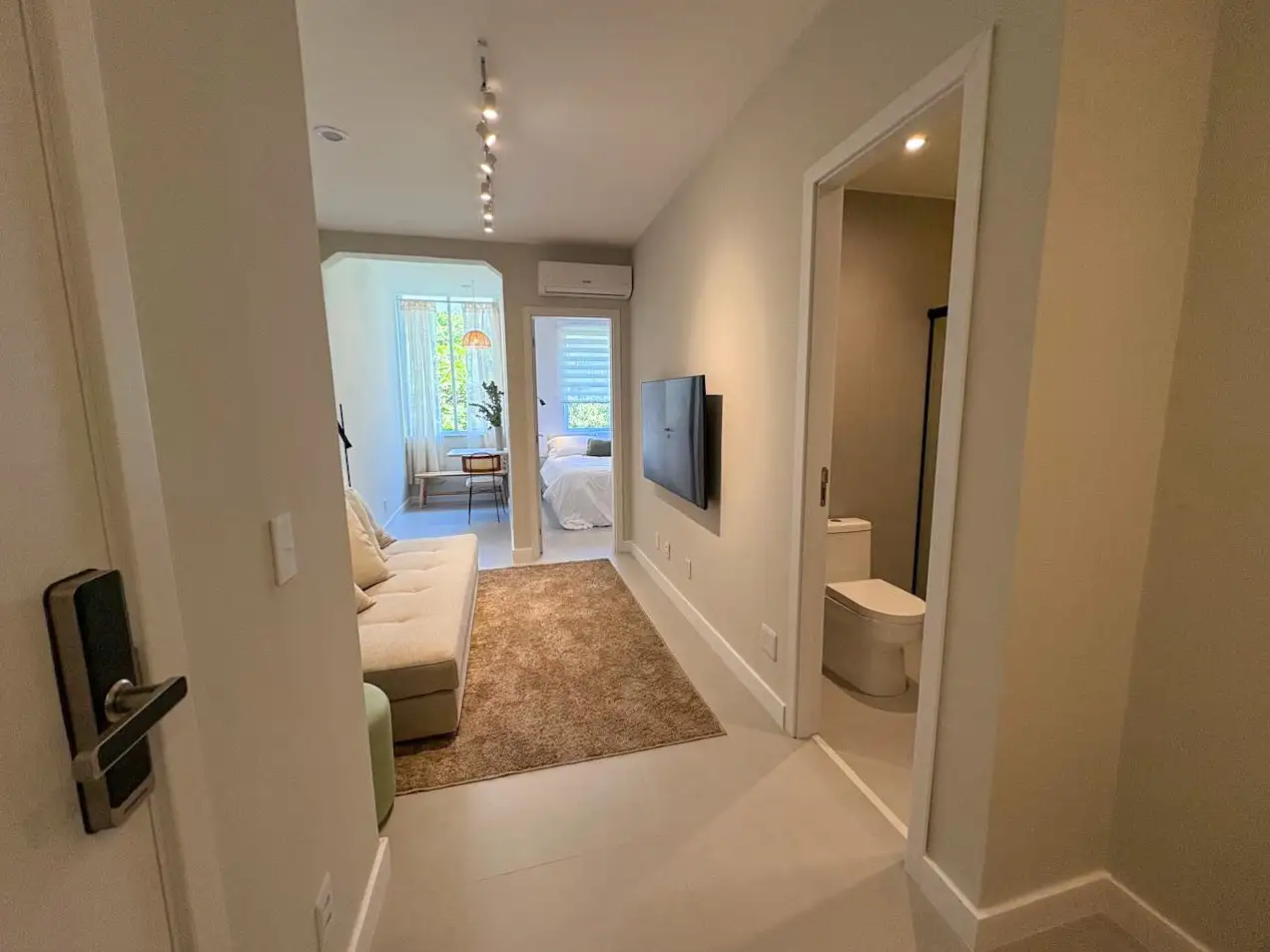Brazil’s Tax Reform and Rental Income: How Much Will Taxation Change for Real Estate Investors and Landlords?
Brazil’s new Tax Reform, approved in December 2023 and regulated by Complementary Law No. 214/2025, is reshaping the country’s entire tax landscape. For property investors and private landlords, this means new rules — and potentially higher taxation on rental income.
The reform replaces the complex web of PIS, Cofins, ISS, ICMS, and other taxes with a new dual VAT system composed of:
- CBS (Federal Goods and Services Contribution)
- IBS (State and Municipal Goods and Services Tax)
While this aims to simplify Brazil’s tax system, it also expands the scope of who must pay these taxes — including individuals who earn significant income from rentals or property sales.

Key Changes for Rental Income Taxation
Under the old system, individuals (private landlords) paid only personal income tax (IRPF) on rent, through the Carnê-Leão system. Under the new rules, many of them will also become CBS and IBS taxpayers if their rental activity is considered habitual business.
???? Comparison: Before vs. After the Tax Reform
| Type of Rental | Previous Tax System | New Tax System (from 2026) |
|---|---|---|
| Individual – Small landlord (under R$ 240,000/year) | IRPF only (7.5%–27.5%) | Unchanged – still IRPF only |
| Individual – Professional landlord (more than R$ 240,000/year or 3+ properties) | IRPF only (up to 27.5%) | IRPF + IBS/CBS (~8.4%) → total effective tax: ~35.9% |
| Short-term rentals (Airbnb, seasonal) | IRPF only | IRPF + IBS/CBS (~16.8%) → total effective tax: ~44.3% |
| Company – Lucro Presumido (long-term) | ~11.3% total tax | ~16.08% (with IBS/CBS credits on expenses) |
| Company – Lucro Presumido (short-term) | ~11.3% total tax | ~24.48% (with full credit rights) |
When Does an Individual Become a “Business Landlord”?
A private owner will be considered a CBS/IBS taxpayer (like a company) if they:
- Earn over R$ 240,000/year in rental income, or
- Own more than three rental properties, or
- Rent or sell properties habitually or professionally.
These limits will be adjusted annually by inflation (IPCA). In short: small landlords remain exempt, but anyone with significant real estate income will be treated as a business.

Impact on Real Estate Investors
For professional landlords and real estate investors, the tax impact is substantial:
- The effective tax rate may rise from around 27.5% to 35–45% depending on the property type.
- Short-term rentals (such as Airbnb) face the highest increase, because they are classified as a service under CBS/IBS.
- Operating through a company may become more efficient, as it allows tax credits on expenses (maintenance, management, decoration, etc.) that individuals can’t claim.
The “CIB”: A New National Property Registry
The reform also creates the Brazilian Real Estate Register (Cadastro Imobiliário Brasileiro – CIB), essentially a “CPF for properties.” It connects data from:
- Land registries
- The Federal Revenue Service (tax returns, DIMOB, Carnê-Leão)
- Banks and digital platforms (Airbnb, QuintoAndar, etc.)
This means total transparency for rental income. Omissions will be easily detected, with fines of up to 150% of the unpaid tax plus interest. The age of informal or undeclared rentals in Brazil is coming to an end.

How to Prepare: The Role of a Real Estate Holding
Given these changes, setting up a real estate holding company can be a smart move — especially for investors with multiple properties.
What is a Real Estate Holding?
A holding company is a legal entity that owns your properties instead of you personally. It can rent them out, sell them, and manage income in a more structured way.
| Advantage | Practical Effect |
|---|---|
| Lower effective tax rate | Companies under Lucro Presumido may pay around 16% instead of up to 44% as individuals. |
| Tax credits | Expenses like cleaning, furniture, or renovations can generate CBS/IBS credits. |
| Asset protection | Properties are shielded from personal liabilities or lawsuits. |
| Estate planning | Property ownership becomes shares, making inheritance smoother and cheaper. |
Timeline of Implementation
| Year | Milestone |
|---|---|
| 2025 | Complementary Law 214 finalized |
| 2026 | Symbolic CBS begins (0.1%) |
| 2027 | Symbolic IBS begins |
| 2029–2032 | Gradual replacement of PIS, Cofins, ICMS, and ISS |
| 2033 | New tax system fully implemented |
Conclusion: An Opportunity for Those Who Plan Ahead
The new tax model makes real estate income more transparent but also more demanding. For investors and landlords, this reform is not just a fiscal change — it’s a turning point in how rental income is managed and declared in Brazil.
- Occasional rentals remain simple — only IR applies.
- Frequent or professional rentals become subject to CBS and IBS.
- Short-term rentals face the biggest tax increase.
- Holding structures offer a smart, compliant way to reduce taxes and risks.
At Oabitat, we guide property owners through these changes — from fiscal analysis to holding creation — helping you protect your assets and optimize returns under the new system.
Learn more about the Rio de Janeiro real estate market or browse all properties for sale.




